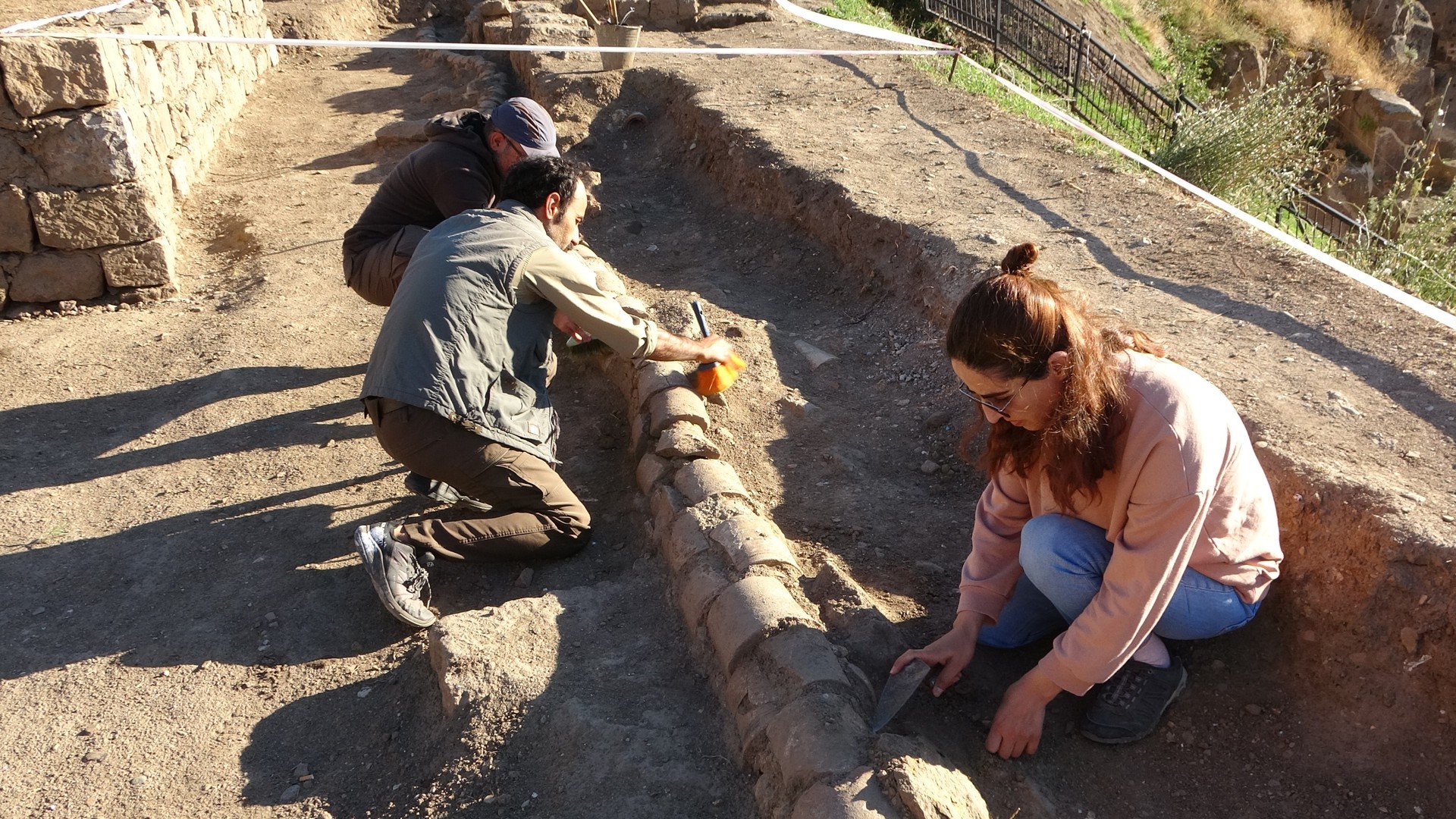
Bitlis Castle, located in eastern Türkiye and known as Alexander the Great's castle, continues to reveal its historical significance as ongoing excavations, which have been running for 20 years, uncovered a 500-year-old water pipe system.
Originally built by the order of Alexander the Great in 312 BCE, the castle remains one of the most important historical sites in the region. This year’s excavations focused on the palace area, where archaeologists unearthed around 100 meters of ancient pipes.
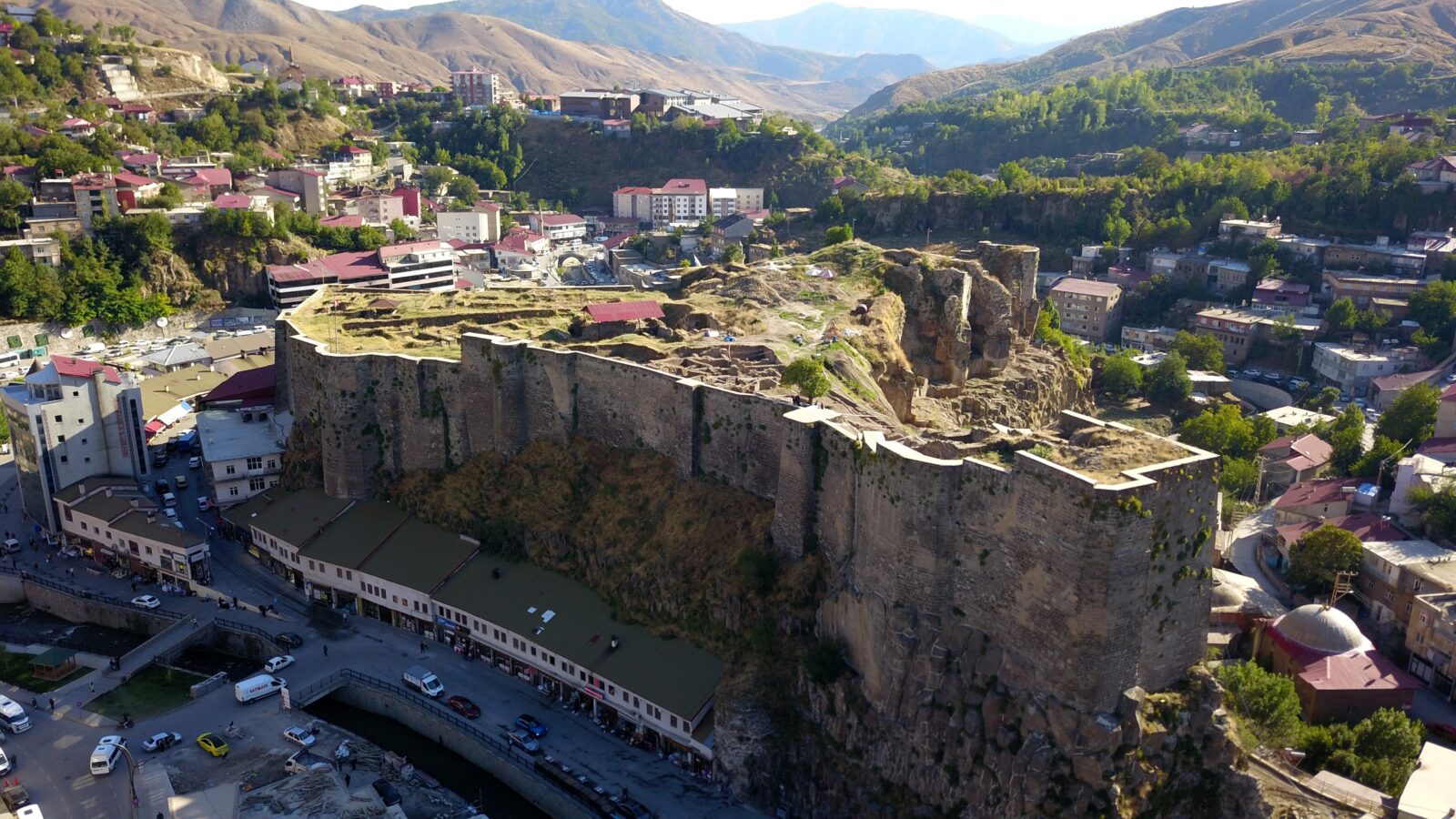
The excavation team, led by Dr. Yunus Emre Karasu from Bitlis Eren University, confirmed that these pipes once transported water from the Duav Spring.
“There were many speculations about where the castle’s clean water came from, but we have now provided scientific evidence through our discoveries,” said Karasu.
The water flowed into cisterns near the palace and the historic Sinan Bey Hamam, a bathhouse constructed between 1530 and 1540.
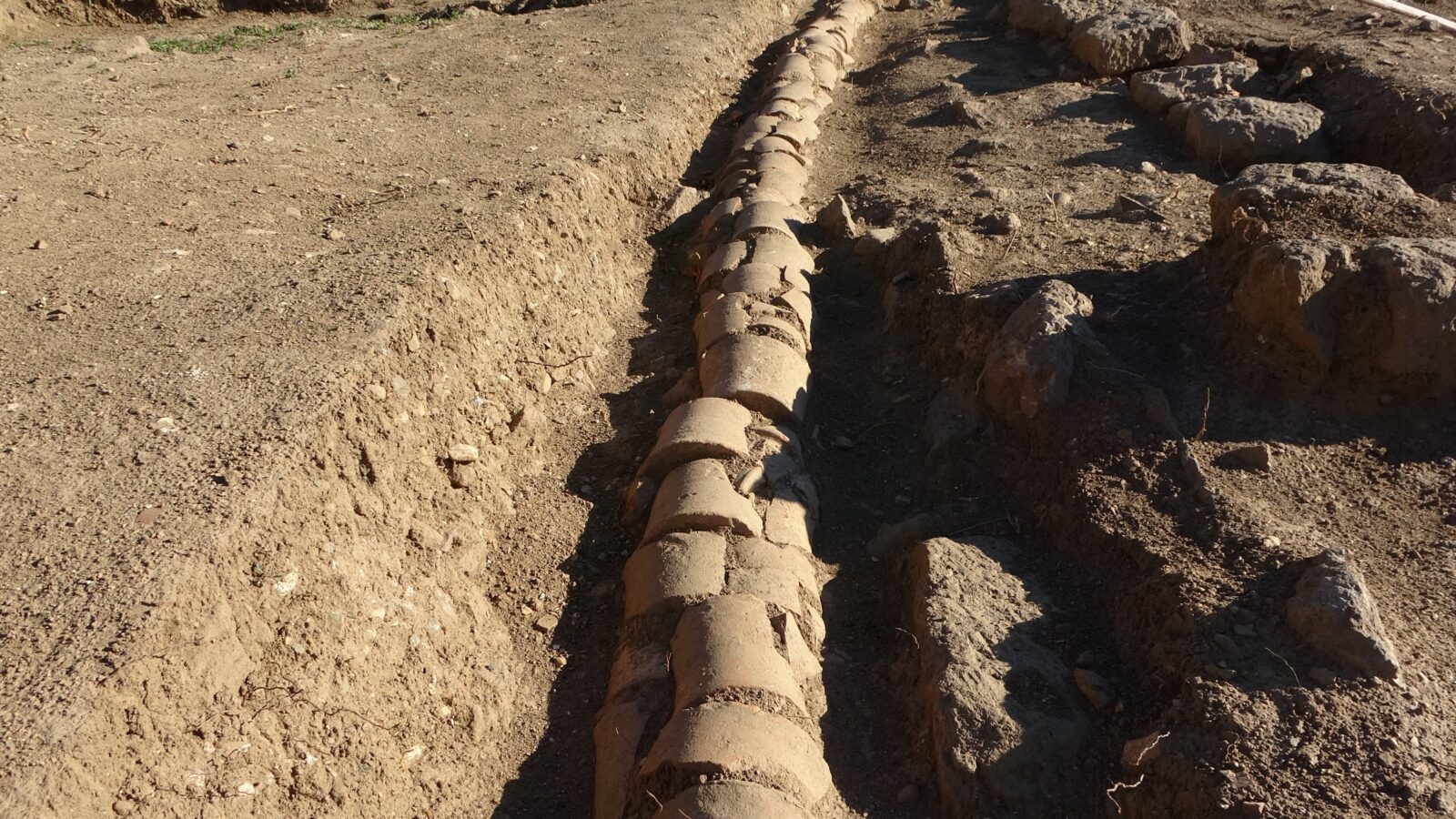
Besides the water system, the excavation uncovered a wealth of artifacts that offer insights into the lives of those who once lived at the castle. Coins, stone pipes, pottery, lamps, ceramic fragments and various bone, metal and glass objects were found.
These items demonstrate the rich material culture of the period and add to the historical understanding of Bitlis Castle’s role in the region.
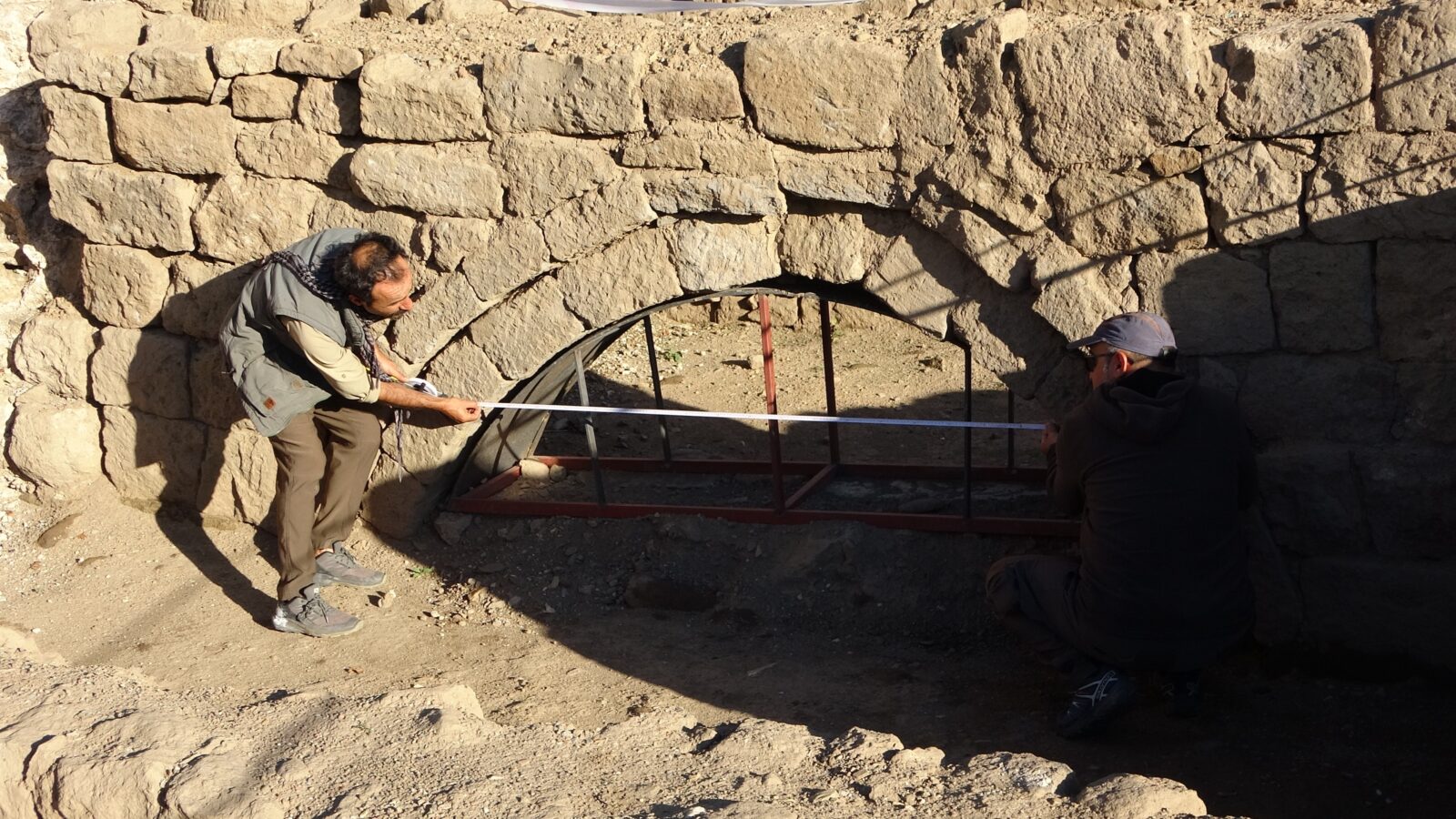
Excavations began in 2004 under the supervision of Pamukkale University, and the work was continued by Van Yuzuncu Yil University until 2015.
Currently, the Ahlat Museum Directorate oversees the project, with Eren Holding providing sponsorship since 2023.
Ali Fuat Eker, the Provincial Director of Culture and Tourism, noted the importance of this support.
“We completed the first year of a five-year sponsorship agreement, which has accelerated the excavation process,” Eker explained.
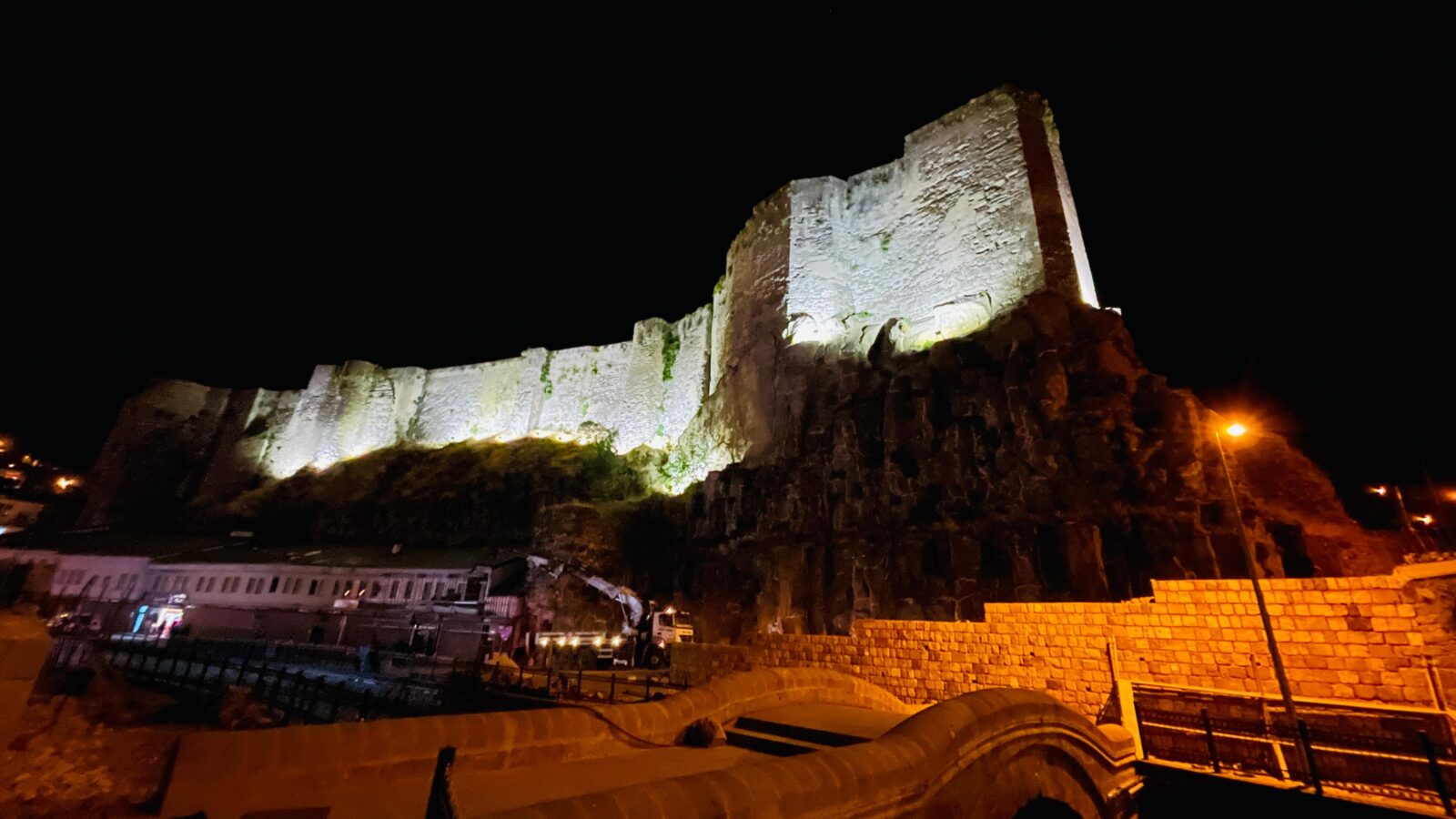
The team of five specialists and 15 workers, under the leadership of Ahlat Museum and Bitlis Eren University, aims to finish the excavation and restoration work within the next three to four years.
"We plan to complete the excavations and restore the structures with the help of the Ministry of Culture and Tourism. Once the work is done, the castle will be opened to visitors," according to Eker.
Bitlis Castle, situated on a strategic location overlooking the Bitlis River, remains a vital archaeological site, continuously offering new insights into the historical infrastructure and everyday life of the past.